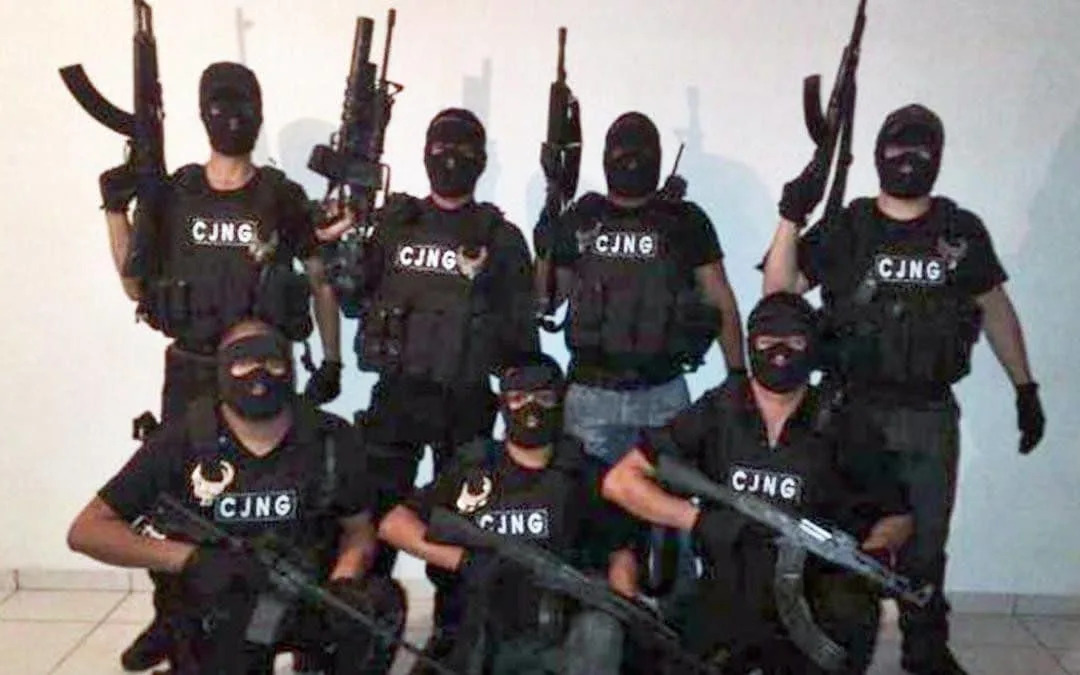Trump Considers Military Action Against Mexican Drug Cartels Amidst Diplomatic Strain

President Donald Trump has directed U.S. military officials to explore options for direct action against drug cartels, an unprecedented move that has drawn a firm rejection from Mexican President Claudia Sheinbaum and threatens to escalate tensions between the two nations. The directive represents a significant intensification of Trump’s ongoing campaign targeting Latin American cartels, which he formally designated as foreign terrorist organizations earlier this year.
Sources familiar with internal discussions within the Pentagon, speaking through the New York Times, confirmed officials are now analyzing plans that could involve military operations both at sea and potentially on Mexican territory. Such actions raise complex legal questions concerning the permissibility of lethal force outside active conflict zones.
President Sheinbaum unequivocally stated that U.S. forces will not be permitted to operate within Mexico’s borders. “The United States is not going to come to Mexico with military forces,” she affirmed, emphasizing ongoing collaborative efforts but rejecting any prospect of a direct military intervention. The rejection echoes earlier proposals when Trump formally requested permission for American troop deployment in April; Sheinbaum responded by suggesting cooperative measures confined to each nation’s respective territory.
Trump has repeatedly expressed a desire to take aggressive action against the cartels since his first term, reportedly even considering missile strikes into Mexico. He defended the proposed military escalation, characterizing cartel members as perpetrators of widespread violence and significant financial gains through drug trafficking that he claims have devastated American communities.
The administration’s actions are part of a broader strategy encompassing increased border security measures, including deployments of National Guard troops aimed at curbing the flow of illicit substances such as fentanyl into the United States. Earlier this year, U.S. intelligence agencies expanded their operations, increasing covert CIA drone surveillance over Mexico to identify and locate fentanyl production facilities.
The State Department has progressively broadened its designation of transnational criminal organizations as foreign terrorist groups, a move intended to leverage a wider range of national security tools against them. In February, the Venezuelan gang Tren de Aragua and Central American group MS-13 were designated as such, deemed threats exceeding those posed by traditional organized crime. July saw the addition of Venezuela’s Cartel de los Soles to this list, attributed to connections with President Nicolás Maduro.
This Thursday, the administration doubled a reward offering information leading to Maduro’s arrest to $50 million, alleging his involvement in large-scale narcotics trafficking and collaboration with cartels to supply fentanyl-laced cocaine to the United States. Attorney General Pam Bondi asserted that Maduro “will not escape justice.” Senator Marco Rubio, acting as Secretary of State and national security advisor, explained that designating these groups as terrorist organizations expands the range of available U.S. resources for targeting them.
White House spokeswoman Anna Kelly emphasized President Trump’s commitment to homeland security as the driving force behind the designation of cartels and gangs as foreign terrorist organizations. The Department of Defense has declined to provide a public comment on the developing situation.









